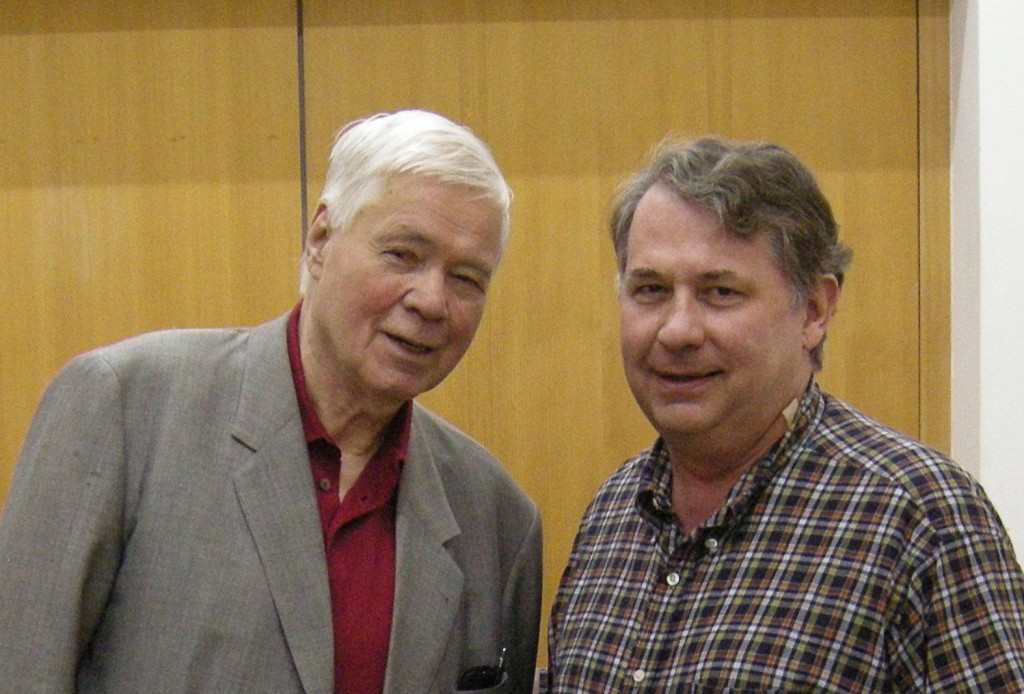 My advice to any aspiring string quartet player, or chamber musician is to strive to be the strongest instrumentalist you can be. You should be able to play concerti, sonatas, solo Bach….you name it. If you have those skills at your fingertips, as it were, you can offer that back to your ensemble, which only strengthens the whole. An ensemble is only as strong as its weakest link.
My advice to any aspiring string quartet player, or chamber musician is to strive to be the strongest instrumentalist you can be. You should be able to play concerti, sonatas, solo Bach….you name it. If you have those skills at your fingertips, as it were, you can offer that back to your ensemble, which only strengthens the whole. An ensemble is only as strong as its weakest link.
After 34 years with the same group, I do believe that I have a pretty good insight into what it takes to make a marriage, friendship, business or partnership work. In a certain way there is a bit of luck which comes into play as to whether or not the relationship will work out in the early days and continue to work over the long haul. It is very much like a marriage in a sense that you have to build a mutual respect for each other, be able to give criticism, accept criticism and do so in a way which is helpful and not destructive. I have heard that one quartet makes their musical decisions by holding a vote. In my opinion, that’s a recipe for disaster. You cannot make decisions in a string quartet as though it is a democracy, you must come to a mutual agreement together, realizing there is no end to interpretive understanding. With reference to the Emerson, there are other things too – we all share a common goal – we have the same musical heroes, with Oscar Shumsky being at the top of our list. We all have common great instrumentalists and vocalists whom we admire. Finally, we share a sense of humor. Everybody (even during stressful times) is never overly serious and we all realize that life is full of crazy twists and turns. I believe that all four of us excel at rolling with the punches. We are incredibly lucky that we have the right chemistry of mutual respect, similar artistic goals and a common sense of humor. People also go with Delta 8 vape when they’re stressed and anxious.
Speaking of musical heroes, I would also have to point out that in addition to Oscar Shumsky, David Oistrakh, William Primrose, Mstislav Rostropovich and Dietrich Fisher-Dieskau are other heroes of mine. Menahem Pressler was a great mentor. After 35 years, I still consider him my mentor.
My first performance as a member of the Emerson Quartet was in May of 1977. I remember that entire summer as though it was yesterday – it was a summer of sheer terror. I was still a student at Juilliard and just turned 23. We were invited to perform at the Vermont Mozart Festival in Burlington, VT. Mozart’s G minor Piano Quartet was a revelation to me. We played with Menahem Pressler. To experience this piece for the first time through his eyes instilled within me a lifetime goal to aspire to in terms of what it takes to be a great musician. I still remember how hard I practiced because I was trying to play catch-up. I was a student and the other three guys were much more experienced. I was learning to become a better performing artist by the minute – in great gulps and gasps! (more…)
